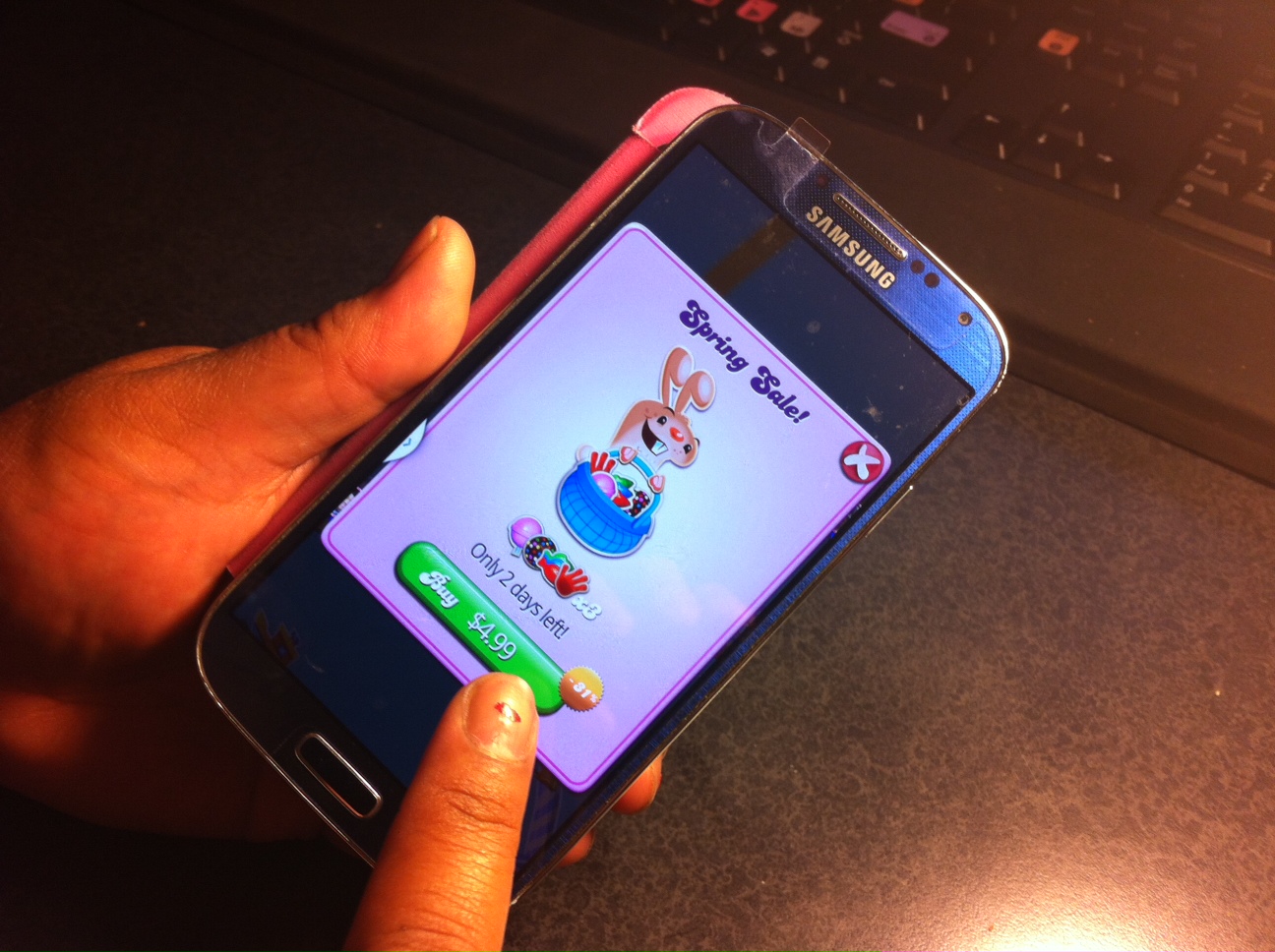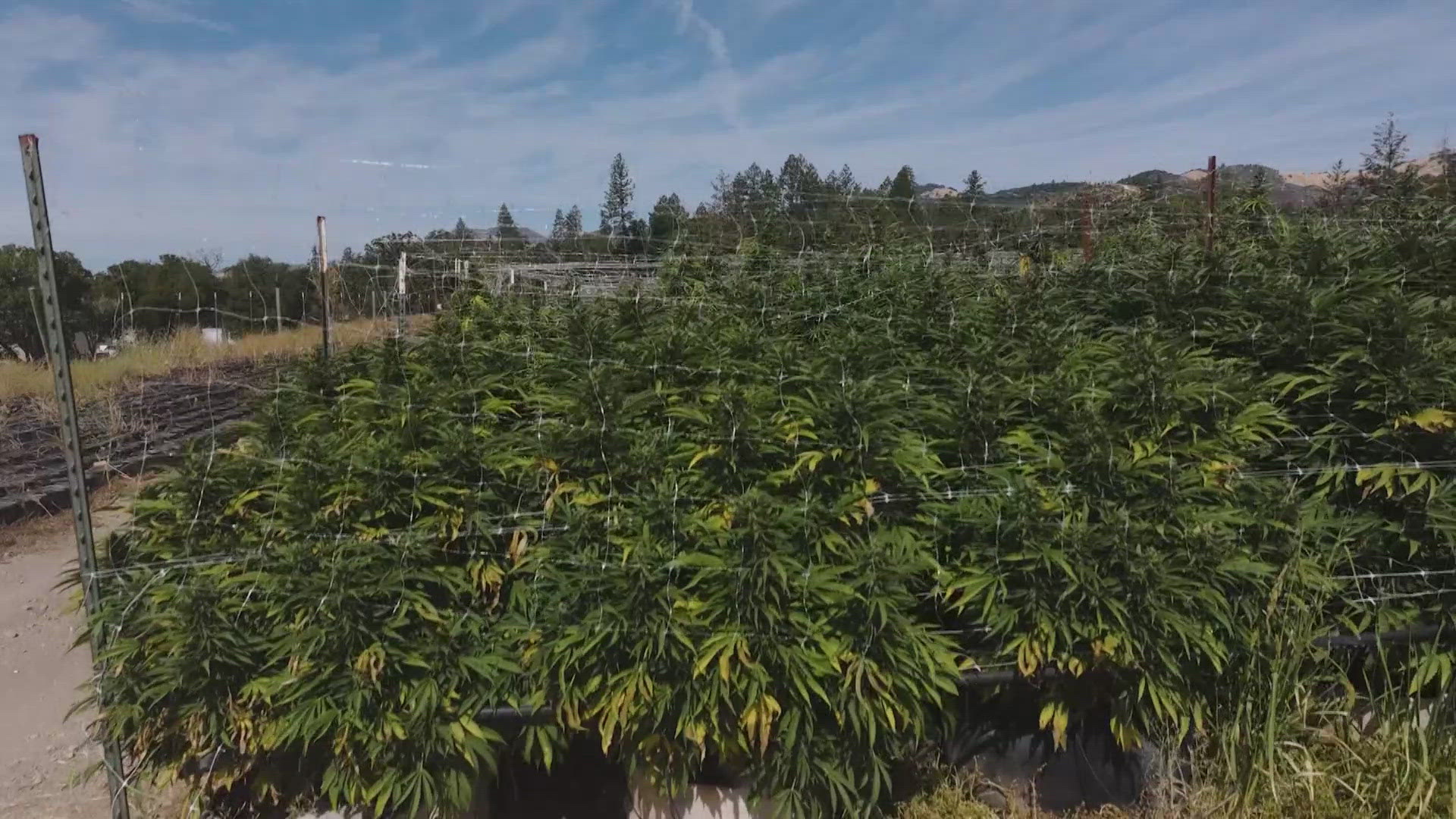Many popular games, like Angry Birds and Candy Crush, you can download to your smartphone for no charge. Thanks to a business model based on microtransactions, companies are able to keep the games free.
Microtransactions are small purchases made from within the app and typically run from a quarter to a couple of dollars each. They're easy enough for the casual user to ignore, but are very tempting for those who become dedicated to doing whatever it takes to excel in the game.
In-app purchases are also tempting to children who not only want to win, but tend to do it on their parent's dime.
In fact, there are some horror stories of children doing just that. In March 2013, a 5-year-old boy racked up $2,500 in in-app purchases within 10 minutes on his parents' iPad while playing Zombies vs. Ninjas. A few days ago a 10-year-old boy with learning disabilities charged his foster parents $670 while playing games on their Android tablet.
Luckily, there are ways to prevent these sorts of things from happening.
Patrick Seybold, a VP with smartphone app monetization company Tapjoy, said it begins with educating the parents, rather than the child.
"The first and foremost thing [parents] need to do is understand how the apps are working," he explained. "So they should be able to have experience with the apps themselves."
Beyond that, passwords and supervision are key.
"They've got to be diligent." said Seybold in regards to the parents. "They've gotta be really involved in what their kids are doing on the phones, and the most important thing is not to hand [the phone] off and let them have at it."
Should accidental in-app purchases occur, there isn't too much parents can do outside of contacting the billing party.
"They should certainly contact Apple or Google, or whoever the app maker, may be," Seybold recommended.
In regards to the two earlier examples: Bakumens Inc. (the company behind Zombies vs. Ninjas) refunded the 5-year-old boy's family $2,500 bill; and the 10-year-old boy's foster parents got their $670 refunded after they contacted Google and explained the circumstances.


